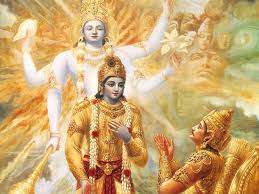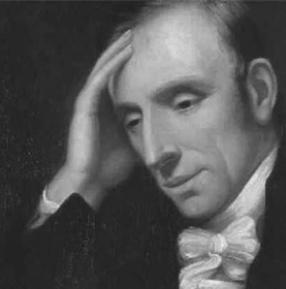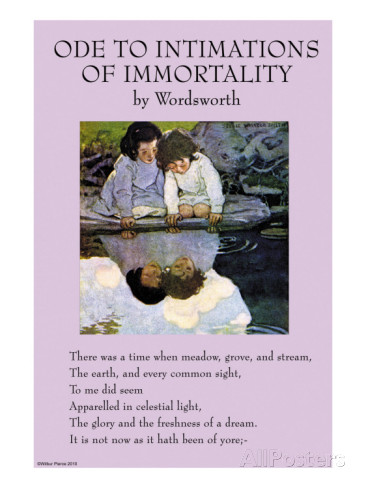This article was written by Sri Chinmoy Centre authors for the monthly IndiaNZ Outlook newspaper and features here with the paper’s kind consent.
 It is very interesting getting older. The mantle of senior citizenship has fallen upon my shoulders and with it a raft of unfamiliar things – the free bus pass, being called ‘Sir’ more and more often, senior citizen entitlement emails from well-meaning government agencies, driver’s license compulsory eye testing, and much, much more to remind me of the twilight years.
It is very interesting getting older. The mantle of senior citizenship has fallen upon my shoulders and with it a raft of unfamiliar things – the free bus pass, being called ‘Sir’ more and more often, senior citizen entitlement emails from well-meaning government agencies, driver’s license compulsory eye testing, and much, much more to remind me of the twilight years.
Ageing, from an economic perspective, is also seen as a problem. The very economic stability of New Zealand is called in to question by economists, statisticians, social planners and health care providers – how can we sustain these burgeoning costs, the national burden of ageing?
Yet the last decades of our life should number among our best, and have much to offer others. In an essentially materialistic culture such as ours, one dominated by technology and worldly ambitions, we value information much more than the wisdom that ageing and experience bring – yet wisdom remains a hugely critical factor in life management, in true knowledge, the ability to step back to discern what is really meaningful and what is not, to see the larger view, to listen more to the heart. And wisdom is one of the few things in human life that does not diminish with age.
Although an overtly religious nation, we are not an essentially spiritual one – our world view is secular and focused on material values, our belief systems founded upon science rather than belief. Ageing for this reason carries a great anxiety about death, for most people see death as an end to everything, a source of dread. Conversely, what pervades many other cultures is the view that the soul continues on after death, an unbroken journey that alternates between the co-existing realities of the physical and spiritual realms. “The secret of life” writes spiritual master Sri Chinmoy, “is that there is no death”. And in the immortal lines from the Gita, Krishna reminds Arjuna: “Even as a man discards old clothes for the new ones, so the dweller in the body, the soul, leaving aside the worn-out bodies, enters into new bodies. The soul migrates from body to body. Weapons cannot cleave the soul, nor fire consume it, nor water drench it, nor wind dry the soul.”
In India in former times, people entering into the last third of their life would traditionally set aside worldly matters and s pend their remaining years in spiritual practices – meditation, contemplation, seeking the community and wisdom of yogis, illumined teachers and sages. Ageing was a time of unburdening, liberation, the acquisition of deeper knowledge, a preparation for the ongoing journey, the search for enlightenment or God – but in a society without these spiritual foundations, death is often an experience of fear and anxiety and a wrenching time of loss. In the west we are still largely deprived of the consolations offered by Buddhist teachings – the impermanence of all things yet the ongoing life of spirit – or the presence of the Jivatman (soul) in the Hindu wisdom teachings. “Many births have been left behind by me and by thee, O Arjuna! All of them I know, but thou knowest not thine” as Sri Krishna said to his dearest disciple Arjuna.
pend their remaining years in spiritual practices – meditation, contemplation, seeking the community and wisdom of yogis, illumined teachers and sages. Ageing was a time of unburdening, liberation, the acquisition of deeper knowledge, a preparation for the ongoing journey, the search for enlightenment or God – but in a society without these spiritual foundations, death is often an experience of fear and anxiety and a wrenching time of loss. In the west we are still largely deprived of the consolations offered by Buddhist teachings – the impermanence of all things yet the ongoing life of spirit – or the presence of the Jivatman (soul) in the Hindu wisdom teachings. “Many births have been left behind by me and by thee, O Arjuna! All of them I know, but thou knowest not thine” as Sri Krishna said to his dearest disciple Arjuna.
In the West, most efforts at prolonging our youthfulness are based upon our identification with the body and its attractiveness, the cult of physical beauty – yet spiritual practices instead encourage the wellbeing of the body as the vehicle in which the soul progresses and ‘ripens back to God’. We want to prolong life in order to continue our spiritual quest as far as we can in a strong and healthy body, in this precious incarnation when we are awakening.
 In his popular book ‘Death and Reincarnation’ Sri Chinmoy writes: “Life after death is inevitable. If there were only one life on earth, then it would be impossible for us to accomplish the things that we have to accomplish. In one incarnation we cannot fulfil our aspiration: we cannot reach the Highest. So here we have life and then we pass through a tunnel which we call death. There we take a little rest and then we come back again. If there were no reincarnation, then no soul would be able to manifest the ultimate Truth. In one incarnation it is impossible.”
In his popular book ‘Death and Reincarnation’ Sri Chinmoy writes: “Life after death is inevitable. If there were only one life on earth, then it would be impossible for us to accomplish the things that we have to accomplish. In one incarnation we cannot fulfil our aspiration: we cannot reach the Highest. So here we have life and then we pass through a tunnel which we call death. There we take a little rest and then we come back again. If there were no reincarnation, then no soul would be able to manifest the ultimate Truth. In one incarnation it is impossible.”
“Death should not frighten us; it is not our enemy. We go through death in order to come back to life with renewed energy. Death is an unfamiliar passage, so it frightens us. But we have nothing to fear from death. It is only a temporary rest. When the soul leaves the body after death, there is a transitory period. The soul leaves the physical and flies away from the body-cage. From the physical it enters into the subtle physical, then into the subtle vital, and so on until finally it goes to the soul’s world. There the soul takes rest. All the soul’s achievements are kept here intact in Mother Earth. Then Mother Earth gives them back again when the soul returns to work for God on earth. Nothing is lost except time…”


In his well-known poem Intimations of Immortality the English poet Wordsworth concurs
“Our birth is but a sleep and a forgetting: The Soul that rises with us, our life’s Star, Hath had elsewhere its setting, And cometh from afar: Not in entire forgetfulness, And not in utter nakedness, But trailing clouds of glory do we come From God who is our home.”
For those with an interest in reincarnation, there are interesting writings on the subject at:
https://www.srichinmoylibrary.com/dr-1
